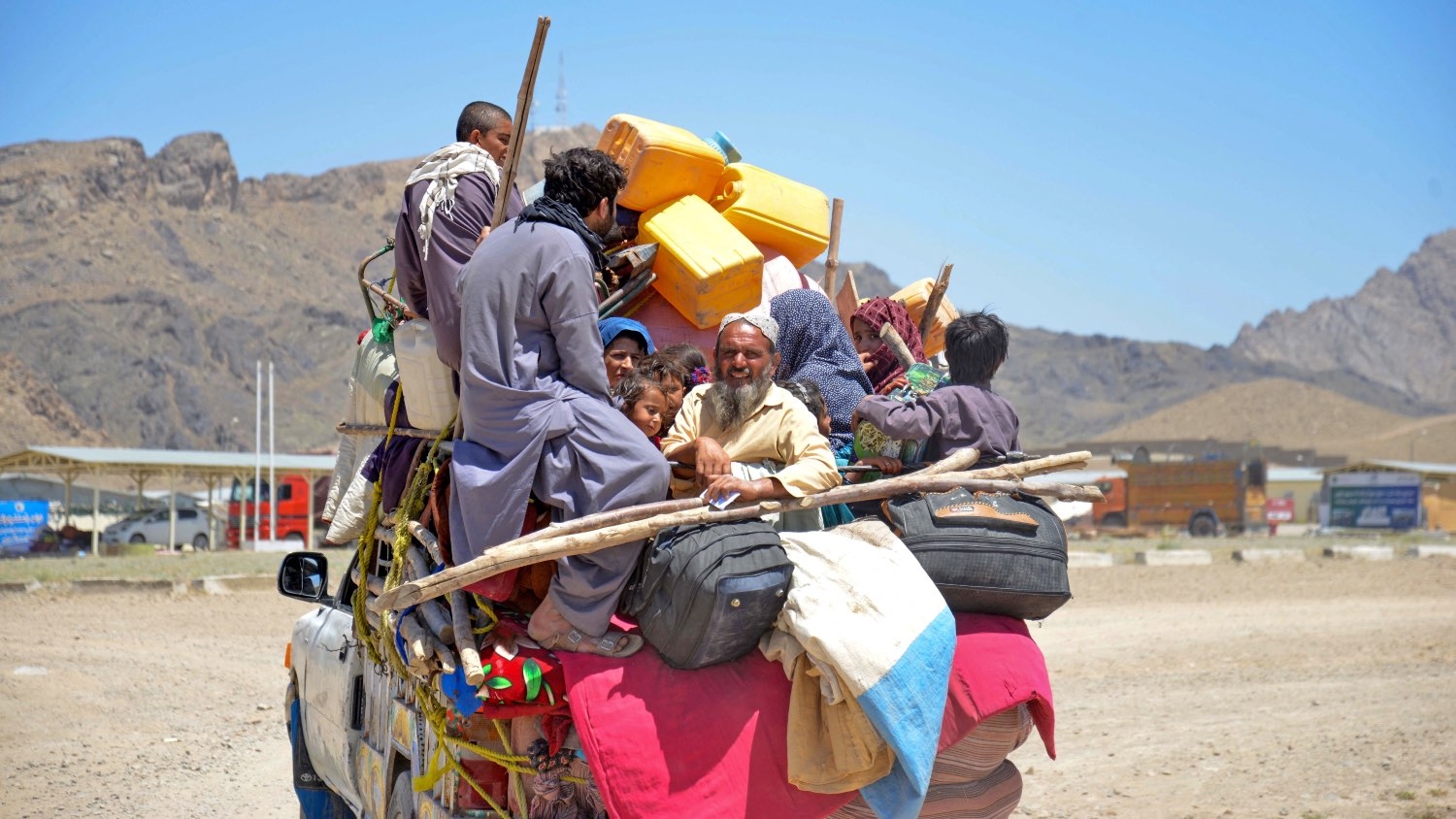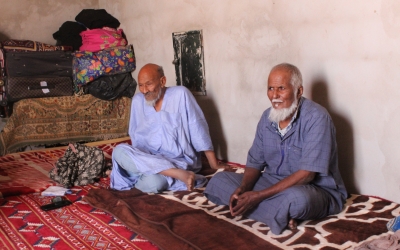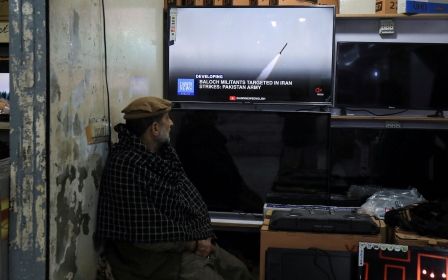Pakistan set to deport hundreds of thousands of Afghan refugees

Pakistani authorities are set to begin the second phase of a plan to deport hundreds of thousands of Afghan refugees to Afghanistan, uprooting families that have been living in Pakistan for decades.
Several news reports said that authorities would begin to implement the forced deportation of around 800,000 Afghans from Pakistan on Sunday, following Pakistan's first phase in November when it expelled around 541,000 people.
Rights groups warned against the second phase of the plan, which was announced back in April, saying that many Afghans fear a risk to their lives if they are sent to Afghanistan, where the Taliban currently holds representative power in the country.
“The decision endangers the lives of over 800,000 Afghan refugees across Pakistan and threatens to unleash another wave of harassment and detentions after the holy month of Ramadan," James Jennion, Amnesty's refugee and migrants' rights campaigner, said in a previous statement.
“Pakistan’s ‘Illegal Foreigners’ Repatriation Plan’ is in violation of refugee and international human rights law, particularly the principle of non-refoulement, and puts the lives of all Afghan refugees at risk."
New MEE newsletter: Jerusalem Dispatch
Sign up to get the latest insights and analysis on Israel-Palestine, alongside Turkey Unpacked and other MEE newsletters
Amnesty said that Pakistan's plan for deporting its Afghan refugee population consists of three parts. The first one that was conducted last year drove out all undocumented Afghan refugees from the country.
The second phase being implemented now would force out all refugees who hold the Pakistan-issued Afghan Citizen Card (ACC).
The third phase, which has yet to be initiated, would expel any Afghans in possession of a UNHCR-issued proof of registration (PoR) card.
Amnesty International has estimated that there are currently 800,000 ACC card holders and an additional 1.3 million Afghans who hold a PoR card.
Pakistan's government has defended the forced expulsion of its Afghan refugee population, citing internal security concerns and its economy, which has continued to struggle over the past year.
The Afghan refugee community in Pakistan has long-established and deep roots there, dating back decades. There are more than three million Afghan refugees in the country, with communities across the border region with Afghanistan but also within Pakistan's urban centres like Islamabad and Karachi.
Pakistan has never been a signatory to the 1951 United Nations Refugee Convention, which protects the rights of refugees but also lacks domestic legal protections for its refugee population.
The second phase of the refugee crackdown also comes as ties between Islamabad and Kabul have soured in recent months. In April, Pakistan launched a series of air strikes on Afghan soil, killing at least eight people, according to Afghan officials.
Islamabad claimed the strikes were “intelligence-based anti-terrorist operations in the border regions inside Afghanistan”.
Middle East Eye delivers independent and unrivalled coverage and analysis of the Middle East, North Africa and beyond. To learn more about republishing this content and the associated fees, please fill out this form. More about MEE can be found here.





